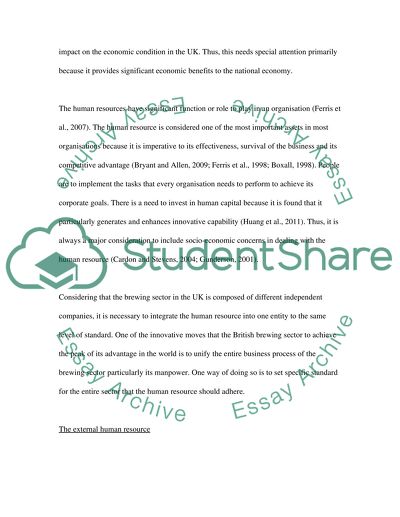Cite this document
(International Sustainable Business: Brewing Sector in the United Term Paper Example | Topics and Well Written Essays - 2000 words, n.d.)
International Sustainable Business: Brewing Sector in the United Term Paper Example | Topics and Well Written Essays - 2000 words. https://studentshare.org/marketing/1426008-international-sustainable-business-brewing
International Sustainable Business: Brewing Sector in the United Term Paper Example | Topics and Well Written Essays - 2000 words. https://studentshare.org/marketing/1426008-international-sustainable-business-brewing
(International Sustainable Business: Brewing Sector in the United Term Paper Example | Topics and Well Written Essays - 2000 Words)
International Sustainable Business: Brewing Sector in the United Term Paper Example | Topics and Well Written Essays - 2000 Words. https://studentshare.org/marketing/1426008-international-sustainable-business-brewing.
International Sustainable Business: Brewing Sector in the United Term Paper Example | Topics and Well Written Essays - 2000 Words. https://studentshare.org/marketing/1426008-international-sustainable-business-brewing.
“International Sustainable Business: Brewing Sector in the United Term Paper Example | Topics and Well Written Essays - 2000 Words”. https://studentshare.org/marketing/1426008-international-sustainable-business-brewing.


